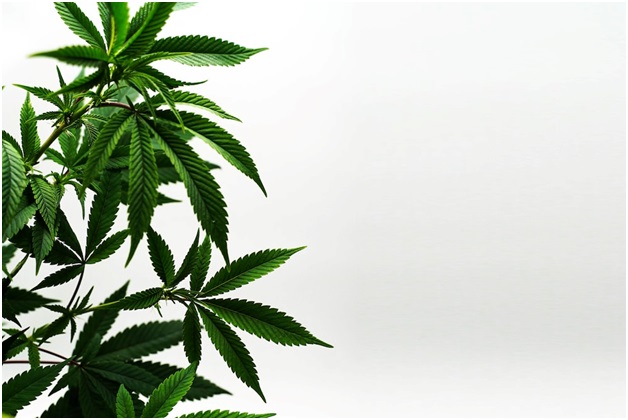Delving into the profound aspects of the cannabis world helps you familiarize yourself with the chemical makeup that unleashes the powerhouse of over 100 cannabinoids. CBD and THC are two of the most popular and well-researched cannabinoids, having a phenomenal range of therapeutic effects to address several medical conditions.
Newbies often fail to distinguish between these cannabinoids and often misunderstand them to be the same. CBD and THC content varies significantly among different products. Making an informed decision requires you to have enough knowledge about the difference between CBD and THC. Here’s an account of everything you need about the two cannabinoids.
CBD Vs. THC: A Brief Account of The Differences
Deciding whether to use CBD oil alone or in combination with THC depends on understanding the differences between the two.
- Chemical Structure
An analysis of the chemical structure of the molecules reveals that the overall makeup is somehow so similar that it might be hard for a newbie to distinguish. A closer insight into the molecules breaks down the chemical makeup of both of the cannabinoids, which shows that although these molecules are similar, the atoms are structured and arranged differently. This ultimately leads to significant differences in the effects.
- Effects Of The Cannabinoids
The most critical aspect distinguishing the two cannabinoids is their psychoactive potential. CBD is the non-psychoactive component of the cannabis plant. However, THC is widely known for its potent psychoactive effects. Thus, if you’re looking for a hint of the psychoactive effects, THC products are perfect for you.
The ability to bind with the cannabinoid receptors with a stronger affinity alters the activity in your mind and body, leading to psychoactive effects. THC can impressively intervene in your body’s working, addressing the medical conditions.
CBD works on a similar principle, with the major differences stemming from its weaker binding affinity with the cannabinoid receptors, making it non-psychoactive.
- Legality
Is CBD addictive? The short answer is no, CBD is not addictive, and you shouldn’t be concerned about the psychoactive effects or any adverse effects. You should always avoid the grey area when it comes to legality.
- CBD
State laws may pose different provisions; however, under federal law, using hemp-sourced CBD products that do not exceed 0.3% THC is allowed, which means you can freely enjoy the medical benefits of CBD oil.
- THC
Mind that the use of THC is legally not allowed under the federal laws framed by several countries worldwide. Fortunately, the cannabis laws are under a dynamic phase of constant development in the provisions with more acceptability than ever. Many states have permitted people to get their hands on THC for medical or recreational use.
What is Full Spectrum CBD+THC?
Full spectrum CBD products are those that contain a full range of cannabinoids, including both CBD and THC, offering a synergistic effect that is often referred to as the “entourage effect”.
One of the striking potential benefits of these products is their potential role in fostering balanced mental health. Like a gentle breeze that calms the storm, these products might help in reducing anxiety and promoting relaxation, thereby potentially enhancing focus and productivity.
Imagine having a tool at your disposal that might assist in managing chronic pain effectively, offering a beacon of hope for many grappling with persistent ailments.
CBD Compared To THC: Final Thoughts
Now that you know enough about CBD and THC, it’s finally time to make a wise decision and make the right choices to proceed with an effective regimen to improve your overall well-being.


